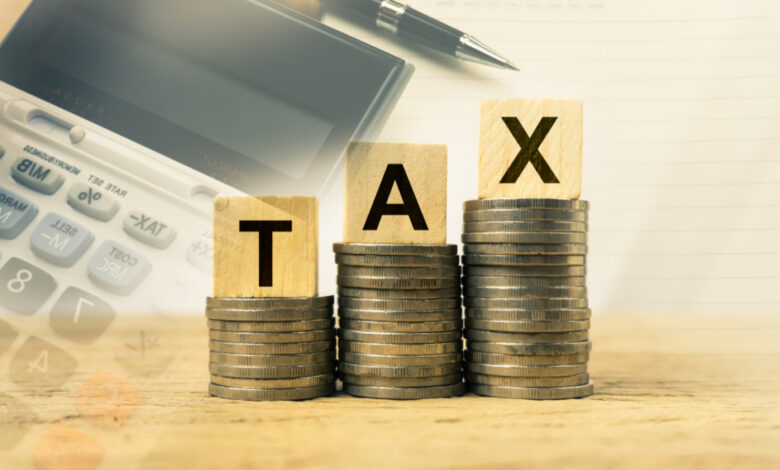
Raynaz
Certainly, the word "tax" is something we all encounter regularly. It's levied on soap, shampoo, high salaries, ATM withdrawals, and even business operations and factories. But do we truly understand why we pay taxes? Are they beneficial or detrimental? Do we know where and how our tax contributions are utilized? To begin, let's address the fundamental question: What is tax?
Tax is essentially a financial resource collected from the public to fund government operations, public services, and amenities.
The importance of taxes cannot be overstated. They underpin significant development projects in a country. Taxes build hospitals, ensuring access to healthcare. They supply clean water and facilitate the construction of extensive road networks. Taxes are the driving force behind these essential public services.
Also Read: KP Grapples with Mounting Financial Crisis as Deficit Nears Rs150 Billion
We must grasp that our tax payments fuel the progress of our nation. They support the establishment of industries and factories, reducing unemployment rates. Understanding the significance of taxes is crucial for national development.
Having established the importance of taxes, let's delve into why some individuals resist paying taxes and the reasons behind this reluctance.
One of the principal reasons for tax aversion is the lack of trust between the public and the government. Citizens often doubt their rulers when they witness extravagant government spending on palatial residences and luxurious vehicles while failing to provide essential public services like clean water and efficient healthcare.
Rampant inflation in our country further dissuades tax compliance. With soaring inflation rates, individuals find it hard to consider paying taxes.
Another issue is the disproportionate tax burden on the poor, while affluent individuals and business magnates often evade taxes.
It is crucial to address these concerns. Businessmen and the affluent should contribute their fair share of taxes to drive the country towards development. A well-structured tax system is essential for national progress. However, it's equally vital that tax revenues are reinvested to improve education, healthcare, and transportation facilities.
In conclusion, taxes are the backbone of a nation's development. Yet, it is imperative to foster public trust, combat inflation, and ensure an equitable tax system to build a prosperous future for all.
Note: Raynaz is the exam controller at KIPS College Mardan and a blogger focusing on gender and social issues.
1.jpeg)
.jpeg)
01 Jul, 2025

.jpeg)


